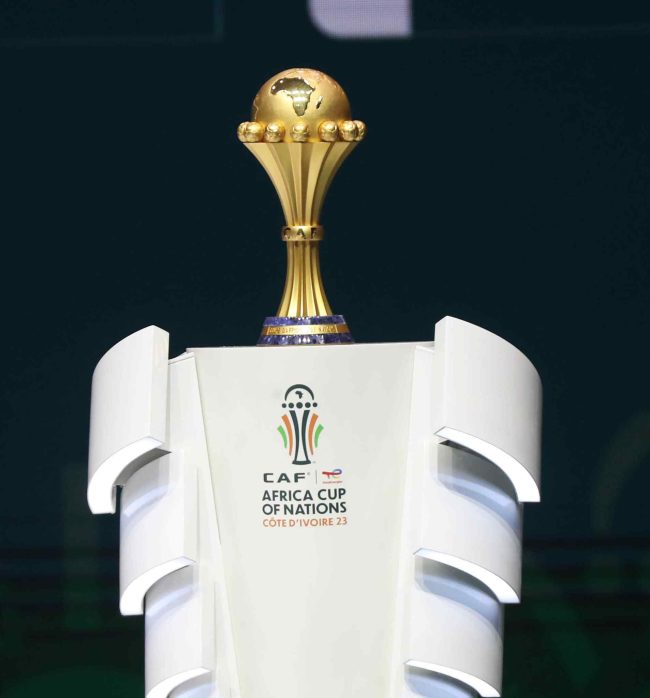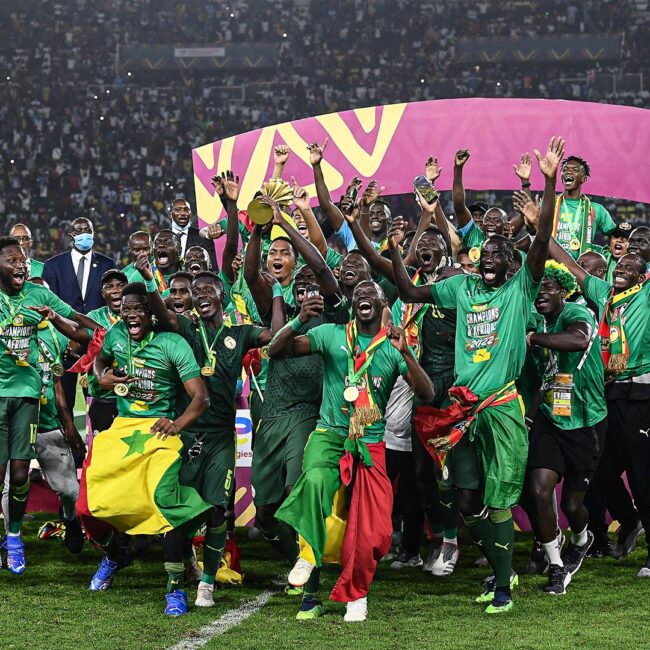The 34th edition of the biennial African Cup of Nations (AFCON) is underway in Ivory Coast. The 2023 tournament is predicted to be one of the closest battles in recent years, with defending champions Senegal facing challenges from the likes of Nigeria, Ghana, Cameroon, Egypt and Algeria for their crown. Apart from the prestige of lifting the trophy, the prize money on offer is also enticing.
FootballOrbit brings you details of the 2023 AFCON prize money.
Total prize money

The total prize money for AFCON 2023 is $36.5 million, which is a significant boost from the previous edition in 2021, which was $26.5 million.
This increase reflects the growing popularity and significance of Africa’s flagship international competition.
40% increase for winners
On the 4th of January 2024, the Confederation of African Football (CAF) announced an increase in the prize money for the winners of the 2023 AFCON by 40%. It rises from $5 million to $7 million.
The runners-up will receive $4 million, the losing semifinalists will get $2.5 million each, while the quarterfinalists will pocket $1.3 million each.
AFCON 2023 prize money
Winners: $7 million
Runners-up: $4 million
Semifinalists: $2.5 million
Quarterfinalists:$1.3 million
What is the prize money for AFCON 2019 and 2021?

AFCON 2019 winners, Algeria, received $4.5 million; while runners-up, Senegal, got awarded $2.5 million.
In the 2021 edition, CAF decided to raise the prize amounts: winners Senegal received $5 million, and Egypt, the runners-up, got $2.75 million.
Furthermore, there were increased cash prizes for the six other teams that reached the quarter-final stage.
In previous years, teams eliminated before the quarter-finals did not receive any prize money from CAF.
The cost of hosting AFCON 2023 and its impact on Ivory Coast

AFCON 2023 hosts, Ivory Coast, is estimated to have spent around $1 billion on improving roads, stadiums, hospitals, and other infrastructure for the tournament.
Apart from renovating existing stadiums, the country also built two new 20,000-capacity venues. The Laurent Pokou Stadium in San-Pédro in the southwest, and the Amadou Gon Coulibaly Stadium in Korhogo in the north.
The Alassane Ouattara Stadium, located just outside Abidjan, is the largest new facility, costing $260 million and accommodating 60,000 spectators under a roof.
Some venues, like Korhogo, now have new hotels, villas, and roads.
According to the International Monetary Fund (IMF), the Ivorian economy, currently ranked as Africa’s 10th largest, is expected to experience robust growth of 6.6 percent in 2024.
Tourism which contributes about 9% to the GDP of Ivory Coast will through this tournament be expected to see a significant rise.


